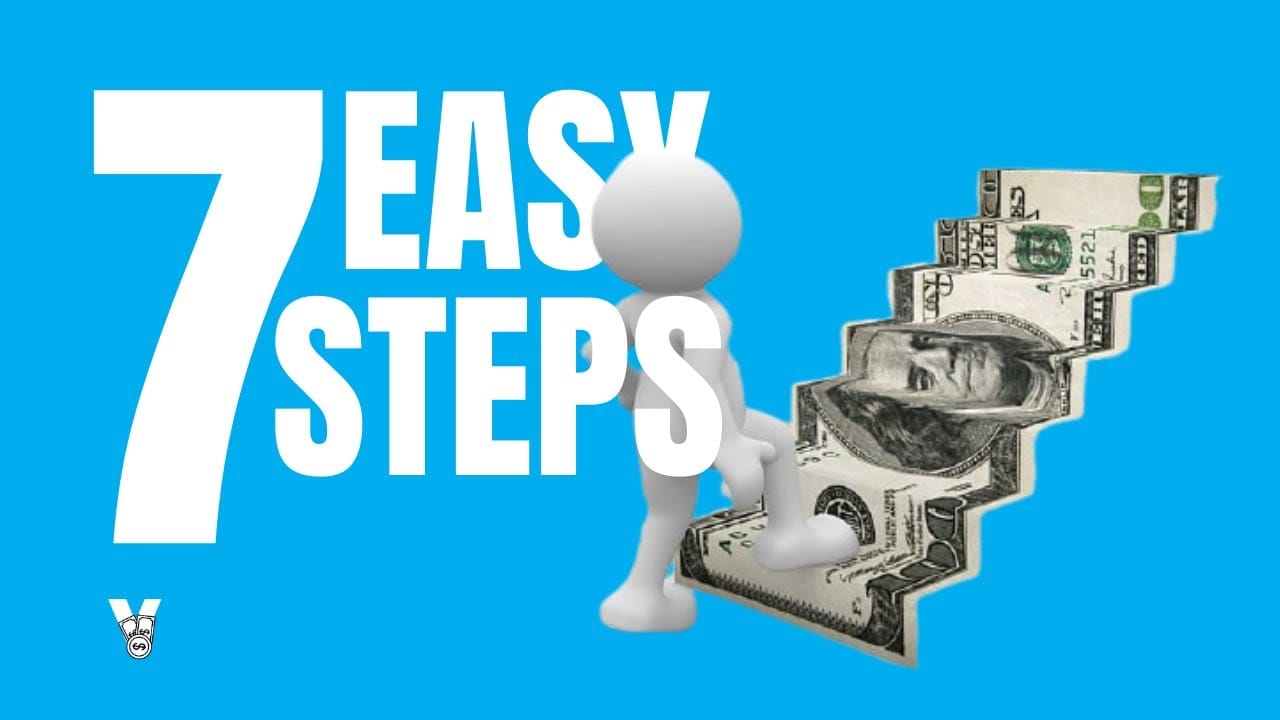7 Powerful Steps to Launch Your Online Business Today: 10 Exciting Ideas for Beginners!
How To Start An Online Business For Beginners (With New Business Ideas) Subscribe To Our Channel …
source
How To Start An Online Business For Beginners (With New Business Ideas)
Starting an online business can be an exciting and rewarding venture, especially in today’s digital age. Whether you’re looking for a side hustle or a full-time endeavor, with the right approach, anyone can launch a successful online business. In this article, we will explore the essential steps to get started and present some innovative business ideas tailored for beginners.
Step 1: Identify Your Niche
The first step in starting an online business is identifying a niche that aligns with your interests, expertise, and market demand. Here are some tips for recognizing potential niches:
- Passion and Skills: Think about what you enjoy or what you’re good at. Your passion can translate into a more authentic and sustainable business.
- Market Research: Use tools like Google Trends, social media platforms, and online forums to identify emerging trends and consumer interests.
- Gap Analysis: Look for gaps in the market where customer needs are not being met or where competitors are lacking.
Step 2: Business Ideas for Beginners
Once you have your niche in mind, consider these innovative business ideas for a beginner-friendly setup:
1. Dropshipping
Start an e-commerce store without the need for inventory. With dropshipping, you sell products directly from suppliers, who handle product storage and shipping. Platforms like Shopify and Oberlo can help you get started.
2. Print on Demand
If you’re creative, consider selling custom-designed merchandise through print-on-demand services. You can create and sell items like t-shirts, mugs, and phone cases without handling inventory.
3. Online Tutoring or Courses
Share your knowledge with others by offering online tutoring or creating digital courses. Platforms like Teachable and Udemy allow you to monetize your expertise in areas like language learning, coding, or marketing.
4. Affiliate Marketing
Promote products or services from other companies and earn commissions on the sales generated through your referral links. Joining affiliate programs, such as Amazon Associates or ShareASale, can kickstart this venture.
5. Content Creation
If you enjoy writing, blogging, or making videos, creating content can be a lucrative online business. Use platforms like Medium or YouTube and consider monetization through ads, subscriptions, or sponsorships.
6. Virtual Assistance
As a virtual assistant, you can offer administrative, technical, or creative support to businesses and entrepreneurs. This role allows for flexibility and the opportunity to work with various clients.
7. Subscription Box Services
Create a curated subscription box based on a theme (e.g., snacks, books, beauty products). This business model generates recurring revenue and allows for creativity in product selection.
8. Handmade or Artisan Products
If you craft handmade goods, consider selling them on platforms like Etsy or your own website. Unique, artisanal products tend to attract niche markets looking for one-of-a-kind items.
Step 3: Create Your Business Plan
Once you’ve settled on an idea, it’s crucial to develop a business plan. This will serve as a roadmap for your online business. Important aspects to outline include:
- Target Audience: Define your ideal customer and understand their needs.
- Marketing Strategy: Determine how to attract and retain customers. Consider social media, SEO, email marketing, and content marketing.
- Financial Plan: Estimate start-up costs, pricing strategies, and potential revenue.
Step 4: Build Your Online Presence
Your online business needs a strong digital presence. Consider these steps to establish one:
- Choose a Domain Name: Pick a memorable name that reflects your brand and register it through domain registrars like GoDaddy or Namecheap.
- Create a Website: Use website builders like WordPress, Wix, or Squarespace to create a user-friendly site that showcases your products or services.
- Leverage Social Media: Use platforms like Instagram, Facebook, and Pinterest to promote your business and engage with your audience.
Step 5: Launch and Market Your Business
With your website set up and marketing strategies in place, it’s time to launch your business. Consider these strategies to maximize your impact:
- Initial Promotions: Offer discounts, free trials, or giveaways to attract early customers.
- Content Marketing: Regularly produce blog posts, videos, or podcasts that provide value to your audience while promoting your products.
- Engage with Customers: Use email newsletters and social media to build relationships with your customers.
Conclusion
Starting an online business is a manageable and exciting process, especially with the wealth of resources available today. By identifying a niche, choosing a beginner-friendly business idea, drafting a thorough business plan, and establishing a robust online presence, you’ll be well on your way to launching a successful venture. Remember, perseverance and adaptability are key – keep learning and evolving as you grow your business in the digital landscape.















Post Comment